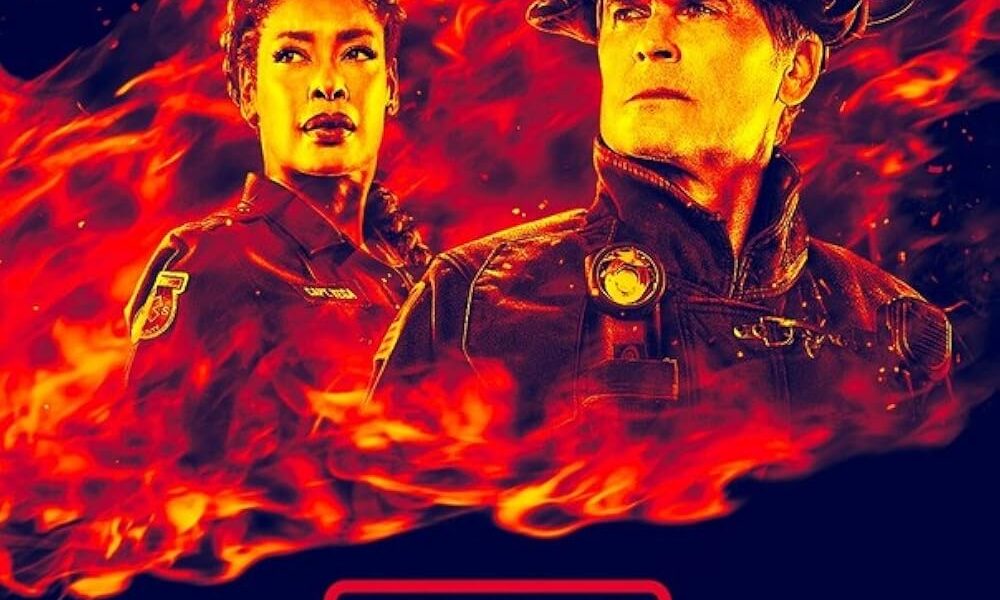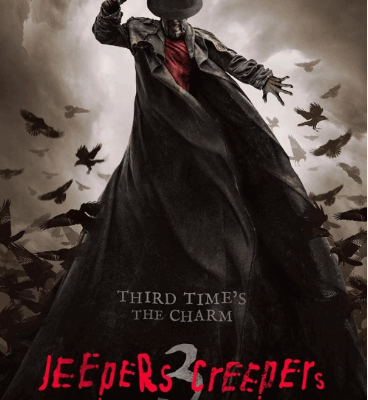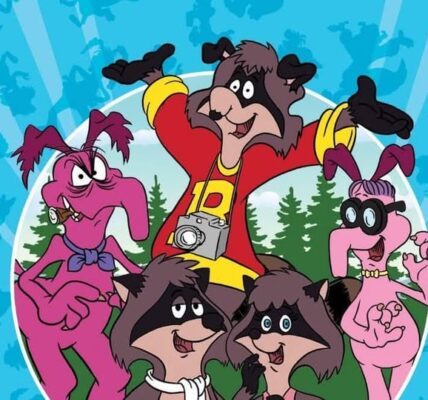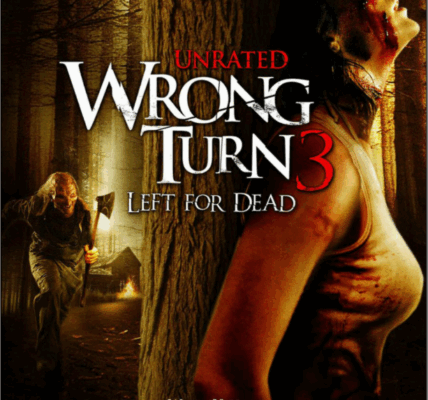1. Plot Summary
9-1-1: Lone Star is a procedural drama and spin-off of 9-1-1.
The series follows Owen Strand (Rob Lowe), a veteran firefighter from New York, who relocates to Austin, Texas, along with his estranged son T.K. Strand, to rebuild Firehouse 126 after it suffered tragedy.
As Owen attempts to restore the department’s reputation and cohesion, he works alongside a diverse team of first responders: paramedics, firefighters, and dispatchers. Some key team members include Tommy Vega (paramedic captain), Judd Ryder (survivor of the previous crew), Marjan Marwani (firefighter and devout Muslim), Paul Strickland (transgender male firefighter), and Mateo Chavez (a rookie).
They respond to high-stakes emergencies — fires, disasters, rescues — while juggling their personal struggles, moral dilemmas, cultural conflicts, and community pressures. Owen also carries burdens from his past (including his role on 9/11) and tries to guide his son, T.K., who has his own issues with identity, duty, and survival.
2. Notable Elements
What makes it stand out
- Diverse, inclusive cast & representation: The series is praised for featuring characters from varied backgrounds, including Muslims, LGBTQ+ characters, and transgender representation (Paul Strickland).
- Strong ensemble + Rob Lowe anchor: Lowe’s presence draws attention, but the ensemble (especially Ronen Rubinstein, Natacha Karam, Gina Torres, Brian Michael Smith) gives depth and variety to storylines. Variety noted the casting as a strength.
- Emotional stakes beyond action: The show doesn’t only deliver dramatic rescue scenes but also explores trauma, grief, identity, community impact, and the personal cost of being first responders.
- Spectacular emergency sequences: Many episodes include large scale disasters, fire rescues, explosions, and life-and-death challenges, which provide visual excitement and tension.
- Texas / Austin flavor & setting: Though criticized by some for stereotypical elements, the series attempts to give local color—Texas culture, climate, regional dynamics—as part of its identity.
Things that don’t always work
- Overload of plot threads / tonal unevenness: Because it mixes high drama, personal arcs, social issues, and action, sometimes episodes feel stretched trying to cover too much.
- Inconsistent realism / “not believable” moments: Critics and audiences note some scenarios or emergencies feel exaggerated, or character decisions occasionally strain plausibility.
- Use of diversity sometimes feels forced / heavy-handed: Some reviewers argue the show occasionally telegraphs “issue episodes” too overtly, rather than letting the themes emerge naturally.
- Fluctuating character development: Some side or recurring characters receive less consistent attention; their arcs sometimes plateau or disappear.
3. Themes and Messages
- Service, sacrifice & heroism: The core of the show is about people who risk their lives daily. It often reflects on what it means to serve — not for glory, but out of duty, compassion, and community.
- Identity & belonging: T.K., Paul, Marjan, and others grapple with identity (cultural, gender, faith) while trying to belong in high-stress roles. The show uses their interpersonal conflicts to explore acceptance and selfhood.
- Trauma & recovery: Many characters carry past scars — loss of colleagues, personal failures, health struggles. Recovering from trauma (or being broken by it) is a recurring motif.
- Community, diversity & inclusion: In addition to representing marginalized identities, the show often centers how first responders serve all communities, including underprivileged or minority neighborhoods.
- Balance of personal and professional: The tension between on-duty emergencies and off-duty life (family, relationships, internal struggles) is a steady undercurrent.
In terms of holiday or festive sentiment: 9-1-1: Lone Star is not structured around holidays, but its emphasis on community, caring for neighbors in crisis, sacrifice for others, and human connection do echo values often celebrated during holidays — compassion, service, unity.
4. Personal Impressions
What I like:
- I appreciate how the show takes risks by weaving in social issues and personal identity stories rather than staying strictly procedural.
- Rob Lowe gives a reliable, grounded anchor; he’s charismatic yet carries weight.
- The rescue / disaster set pieces are frequently dramatic and suspenseful.
- Some episodes emotionally hit hard, especially when they focus on suffering or moral dilemmas rather than spectacle.
What I felt less comfortable with:
- Occasionally, the show leans into melodrama in a way that feels over the top — emotional outbursts, coincidences, or excess dialogue.
- Because there are many characters, some get less screen time or their arcs feel underdeveloped.
- Some “issue episodes” feel a bit too didactic, prioritizing message over story flow.
- In later seasons, some episodes leading to the finale were judged by fans / critics as “weak” compared to earlier seasons.
5. Audience Recommendations
You might especially enjoy 9-1-1: Lone Star if you:
- Like procedural dramas with big moments plus emotional depth.
- Are drawn to stories about first responders (firefighters, paramedics) and rescue work.
- Appreciate diverse and inclusive casting, with characters from many walks of life.
- Enjoy shows that balance action and daily life, with moral and emotional stakes.
You might be less drawn if:
- You dislike melodrama or stories that swing between calm and crisis frequently.
- You need every plot to be tightly logical — sometimes the show prioritizes emotion.
- You prefer smaller, character-driven shows over large ensemble, rescue-drama formats.
6. Conclusion & Rating
9-1-1: Lone Star is a strong, heartfelt, and entertaining spin-off. It doesn’t always nail every plot line or character moment, but its ambition, visual excitement, social inclusiveness, and focus on heroism give it a lot of value. For fans of 9-1-1 or first-responder dramas, it’s a worthy addition.
Final Recommendation: Definitely worth your time, especially if you like ensemble dramas with high stakes and emotional arcs.
⭐ Rating: 4 / 5
Watch more:




